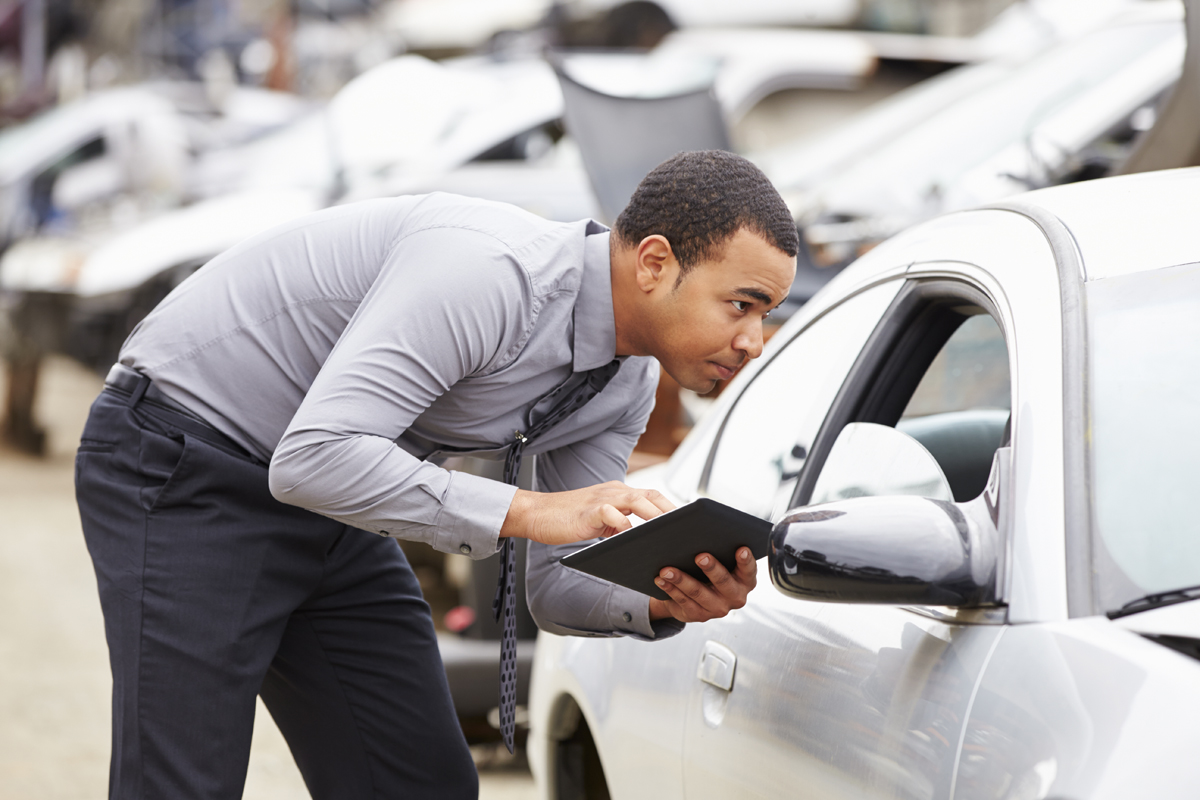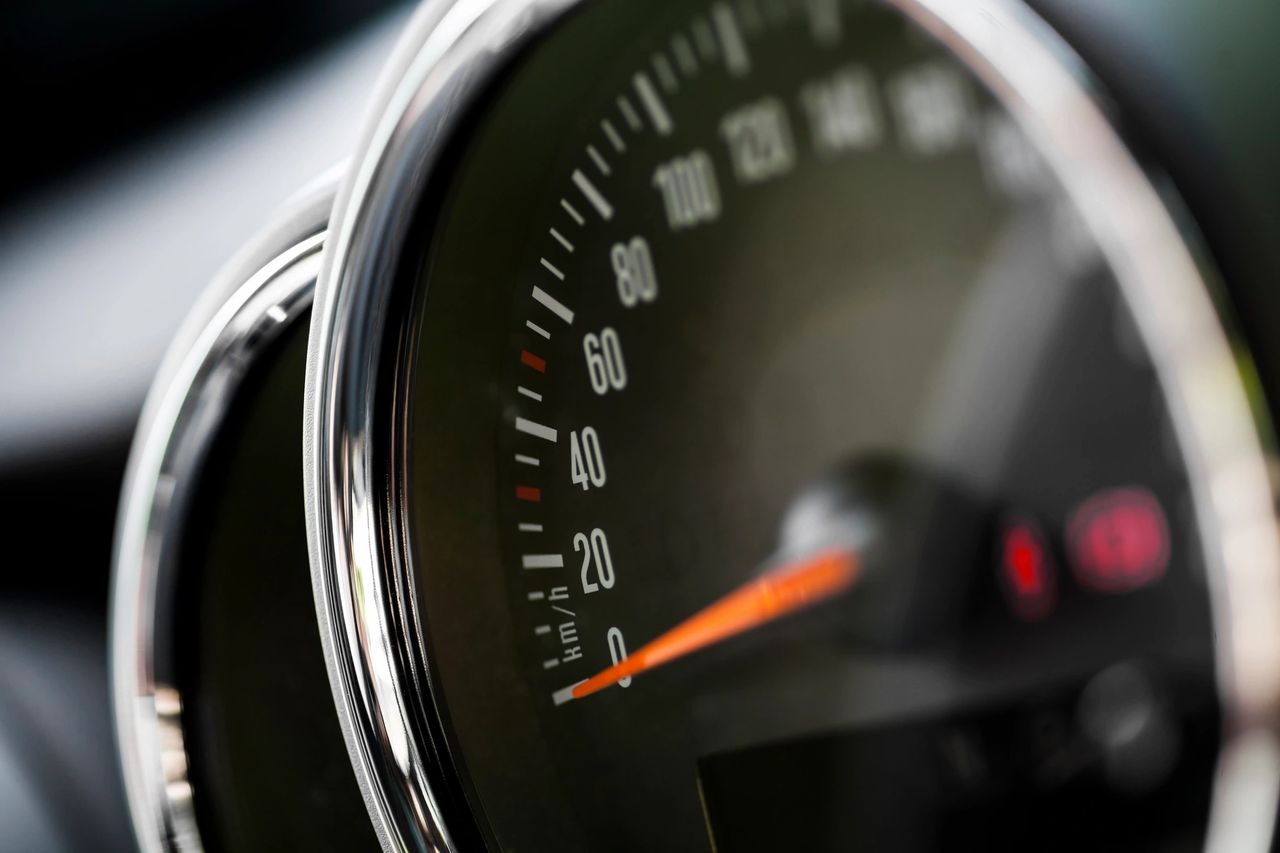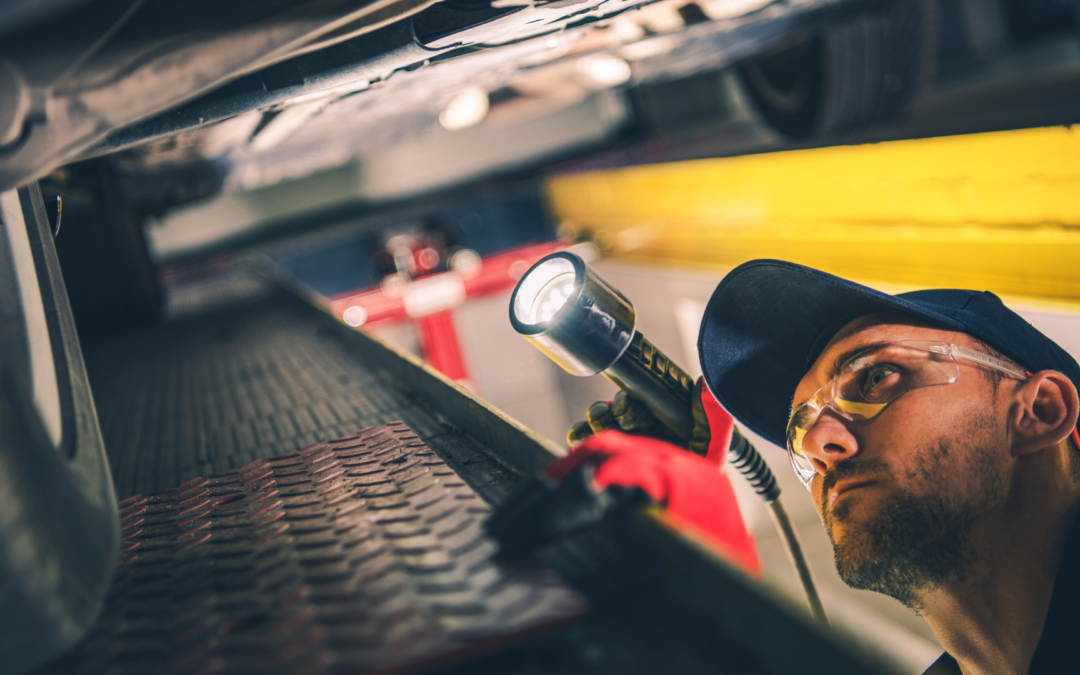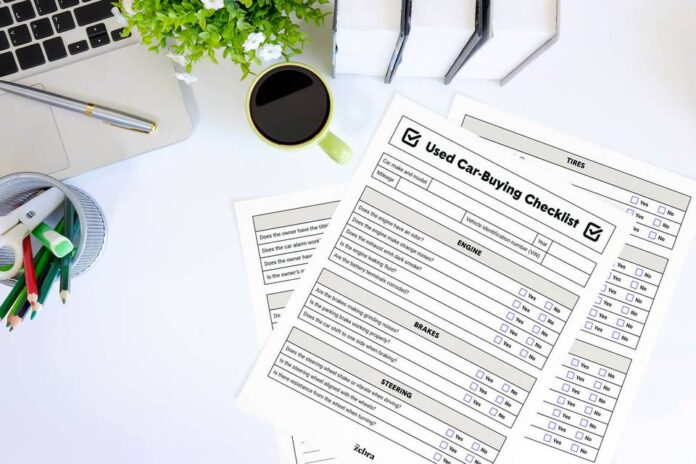There’s a lot you’ll need to consider when it comes to buying a used car. And, keeping this in mind could help you pick the perfect vehicle for your needs. But naturally, there’s a lot to consider here, which is where our experts will be on hand to help.
In line with this thought, today, we’re looking at some of the critical things you should know when buying used. In turn, this may help you choose the ideal solutions for your next purchase.
7 Crucial Checks Before Buying Used
-
Is the Seller Genuine?

Source: inpowermotors5.com Not all sellers are necessarily genuine. In line with this thought, it’s crucial to check whether sellers are honest before discussing a sale with them.
One way to verify the legitimacy of a seller is to research their background, read reviews or testimonials from previous customers, and ensure they have a physical address and contact information.
Reputable dealerships often have a strong presence online, with feedback from customers that can provide insight into their practices.
Private sellers may be a bit trickier to vet, so meeting them in a public place and ensuring they have proper documentation for the car can help protect you from scams.
-
History Report
Before going any further, check the car history of your chosen vehicle. The easiest way to do this is to run a car history check, which can bring up plenty of valuable information.
This report will reveal crucial details such as past accidents, service records, previous ownership, and any outstanding finance on the vehicle.
Knowing the car’s history can give you peace of mind, showing that the car has been well-maintained and has not been in any severe accidents that might have compromised its safety.
This step can also protect you from buying a stolen car or a vehicle with a tampered odometer.
-
Mileage

Source: oiwa.co As part of a car history check, looking at the mileage is a must. Indeed, a vehicle’s mileage can say a lot about its condition and the amount of work it’s done.
In turn, this can help you decide whether it’s likely to be a safe investment or not. Keep in mind, of course, that the more miles a car has, the lower its price tag will be. However, low mileage is not the only indicator of a good deal.
A car with slightly higher mileage that has been regularly serviced might be a better option than a low-mileage vehicle that has been neglected.
Check for any discrepancies between the mileage and the vehicle’s age or maintenance records, which could indicate tampering.
-
Documentation
When buying a car, simply taking the seller’s word won’t be enough. In line with this thought, it is highly important to check they have the correct paperwork before buying.
Critically, ensure the seller has a genuine, authentic version of the logbook (also known as the V5C in the UK). This document proves that the seller is the registered owner of the vehicle and has the right to sell it.
Additionally, request to see any service records, MOT certificates, and receipts for any repairs or parts. This documentation helps you verify that the car has been looked after properly and provides a paper trail of its history.
-
Exterior Inspection

Source: allaroundautorepair.com When visiting the car in person, always double-check the exterior of the car is as expected. Here, you should aim to look for any signs of damage, rust, or paint issues on the bodywork.
Anything unexpected could indicate the car has more baggage than you may have realised initially. Look closely at the alignment of panels, doors, and the trunk to see if there have been any poorly done repairs.
Scratches, dents, or uneven paintwork might suggest the car has been in an accident. Checking under the vehicle for rust, especially in older models, is also critical, as rust can be expensive to repair and might compromise the car’s safety.
-
Interior Inspection
It’s not enough to check the outside of the car alone. Making sure the internals are also in good nick is also crucial. After all, it’s not just upholstery inside your car; there are also many important components inside a car.
Check the condition of the seats, dashboard, and other interior features. Look for signs of excessive wear and tear, which might indicate the car has been heavily used or not well-maintained.
Ensure all electronics, such as the air conditioning, radio, and lights, are functioning correctly. Don’t forget to check the condition of the engine and other mechanical components under the hood for leaks or corrosion.
-
Test Drive

Source: churchill.com As a final point on your checklist, it’s paramount to take your chosen car for a test drive if possible. Indeed, many vehicle issues can be hidden when the car’s at a standstill. As such, checking this with a test drive could be worthwhile.
A test drive allows you to assess how the car handles on the road, including its acceleration, braking, steering, and suspension.
Pay attention to any unusual noises, vibrations, or warning lights on the dashboard during the drive. Testing the car in various conditions, such as highways and urban roads, will give you a better understanding of its performance and comfort.
Negotiation Tips
After conducting all these checks and deciding that the vehicle meets your standards, you can begin the negotiation process. Knowing the car’s market value, including its age, mileage, and condition, can give you leverage when discussing the price. Be prepared to walk away if the seller is unwilling to negotiate or if any red flags arise during your checks.
Final Thoughts
If you’ve been looking to purchase a new vehicle, there’s a lot to keep in mind. After all, we’re talking about potentially thousands of pounds for this one transaction. Inevitably, then, there’s a lot to lose if things go wrong.
Fortunately, the following used car checklist might help inform your decision. And, if you’re still worried, be sure to run a car history check before handing over money. It only takes moments, but it might transform your approach to buying.
Choosing the right used car involves careful planning and due diligence. By following these steps, you can minimize risks and make a purchase that offers good value and reliability for years to come.
Whether buying from a dealership or a private seller, being well-informed is your best asset in securing a safe and dependable used car.







